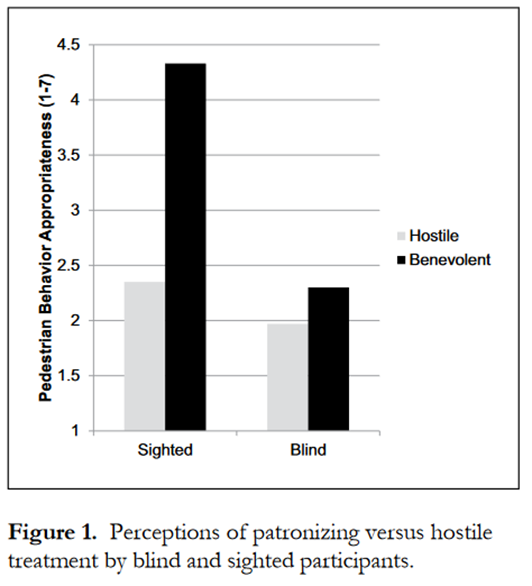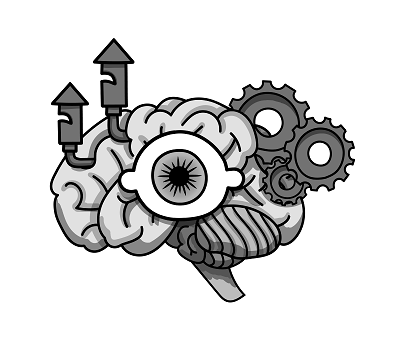I think people who are patient and interact with children with respect and empathy is a giveaway.
People who treat people working in the service sector with kindness and patience. They are usually the first to get yelled at if something goes wrong and put up with a lot of crap that they have no control over. On the flip side, I know someone who is almost always hostile to severs at restaurants, customer service personnel, etc. and it blows my mind. Just…gross. Who does that?
My expectations are low, but when you put your shopping cart back in the corral. Bonus points if you actually nest it into the other carts instead of randomly pushing it willy-nilly.
Was going to say the same thing but I’m glad I checked the comments first.
The shopping cart test is the tried and true method of whether somebody is capable of self governance and therefore at least a halfway decent human being.
Some people fake it with children to fake appeareances (they may not care about the child, but they do care about the opinion of the parents or anyone watching), I find it way more telling when looking how they treat animals and pets, since those are often percieved as “inferior beings” and its harder to fake it.
I personally trust my dog’s opinion on people upon meeting them.
People who give others what they wish they had. Sometimes people can be bitter and envious of what others got. I think it takes being a bigger person to accept that you didn’t receive it then, and you can still give it to others.
I’m mostly talking about things like time, attention, patience, tolerance, affection, and positive reinforcement/affirmation. Just because you had a bad time, doesn’t mean others have to experience it.
people who randomly up litter or are happy to share things with others are always a good sign to me
deleted by creator
Personally, I have all the patience in the world for someone who can’t. I have absolutely zero fucking patience for someone who won’t.
What I mean by that is if someone is disabled, or old, etc, I will go out of my way to help them, or at the very least be patient with their slowness, or need to overcome an obstacle.
People who are fully capable and just refuse, yeah……zero patience.
I was thinking about those who can’t when I made that comment
While I’m sure you’re already aware of this, I wanted to take a second to point out some framing you used when you said the following, and a common misconception that people who are not familiar with disability communities or regularly interact with disabled folks often make
I will go out of my way to help them
To anyone out here reading this who isn’t aware, it’s really important to check in with people whether they want help, before offering it. Offering help when it’s not solicited is called ‘patronizing help’, and the difference between how abled and disabled people view this is rather stark. In one study on this, a hypothetical is posed, summarized below as follows:
Mary is a blind woman who uses a white cane to navigate her commute to work. One day, she finds a construction project obstructing her usual path to the bus stop.
Stopping at a street corner, Mary asks a passerby to confirm that the bus stop is one block away. One pedestrian tells her it’s too dangerous for her to be walking on her own, takes her by the arm, and insists on accompanying her to the destination.
Another pedestrian says it’s too dangerous for her to be walking on her own and tells her to go home.
Which pedestrian was more helpful?
There’s a pretty stark difference between how helpful sighted and blind individuals found the two different responses. Just take a look at this chart

So to anyone out there who offers help, please ask whether someone wants help and then follow it up by asking how you can be helpful!
deleted by creator






